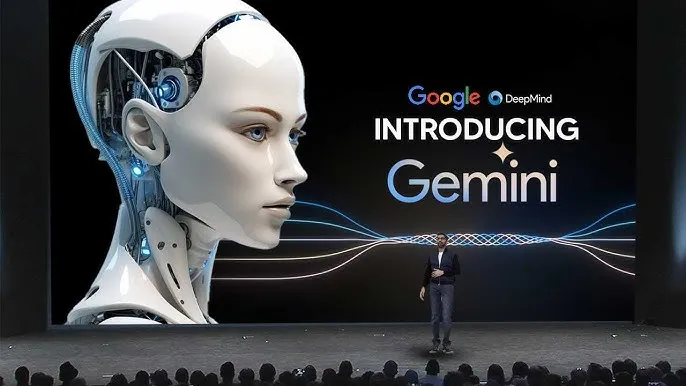In the buzzing atmosphere of a cutting-edge tech gathering, the uproar following Google's Gemini chatbot's blunder in generating images of Dark and Asian Nazi soldiers served as a wakeup call about the immense power wielded by tech titans through artificial intelligence.
Google's CEO Sundar Pichai didn't hold back, labeling the mishaps by the Gemini AI app as "totally unsatisfactory." The erroneous images, including those depicting a female black US senator from the 1800s when the first such senator wasn't elected until 1992, sparked widespread ridicule and criticism.
"We definitely messed up on the image generation," conceded Google co-founder Sergey Brin at a recent AI "hackathon," acknowledging the need for more rigorous testing of Gemini.
Attendees at the renowned South by Southwest arts and tech festival in Austin weighed in, suggesting that Gemini's misstep underscores the disproportionate power wielded by a handful of companies over AI platforms that shape our lives.
"It was just too 'woke,'" quipped Joshua Weaver, a lawyer and tech entrepreneur, suggesting that Google may have gone overboard in its quest for inclusivity.
While Google scrambled to address its blunders, the underlying issue lingers, according to Charlie Burgoyne, CEO of the Valkyrie applied science lab in Texas. He likened Google's attempt to fix Gemini to putting a Band-Aid on a gunshot wound. With rivals like Microsoft and OpenAI in hot pursuit, Google finds itself in an AI race where speed may outpace comprehension.
Mistakes made in the pursuit of social responsibility become flashpoints, especially in today's politically charged climate. Elon Musk's X platform, formerly Twitter, adds fuel to the fire, amplifying the uproar over tech mishaps. But amidst the chaos, questions about the control wielded by AI users over data emerge, hinting at the monumental impact wielded by those who shape AI safeguards.
Karen Palmer, an award-winning mixed reality creator, envisioned a dystopian future where AI judgments could lead unsuspecting individuals straight to the local police station.
As AI models grapple with data fraught with bias and misinformation, efforts to rebalance algorithms to reflect human diversity often backfire. Technology attorney Alex Shahrestani highlighted the challenges in identifying bias, even among well-intentioned experts involved in AI training.
Burgoyne criticized big tech for shrouding the inner workings of generative AI in secrecy, calling for greater transparency and diversity in AI development teams. Activists like Jason Lewis advocate for community-driven AI solutions that reflect diverse perspectives, a stark departure from the typical Silicon Valley rhetoric of universal benevolence.
In a landscape where AI's reach knows no bounds, ensuring ethical and transparent AI development is not just a technological challenge but a moral imperative.
